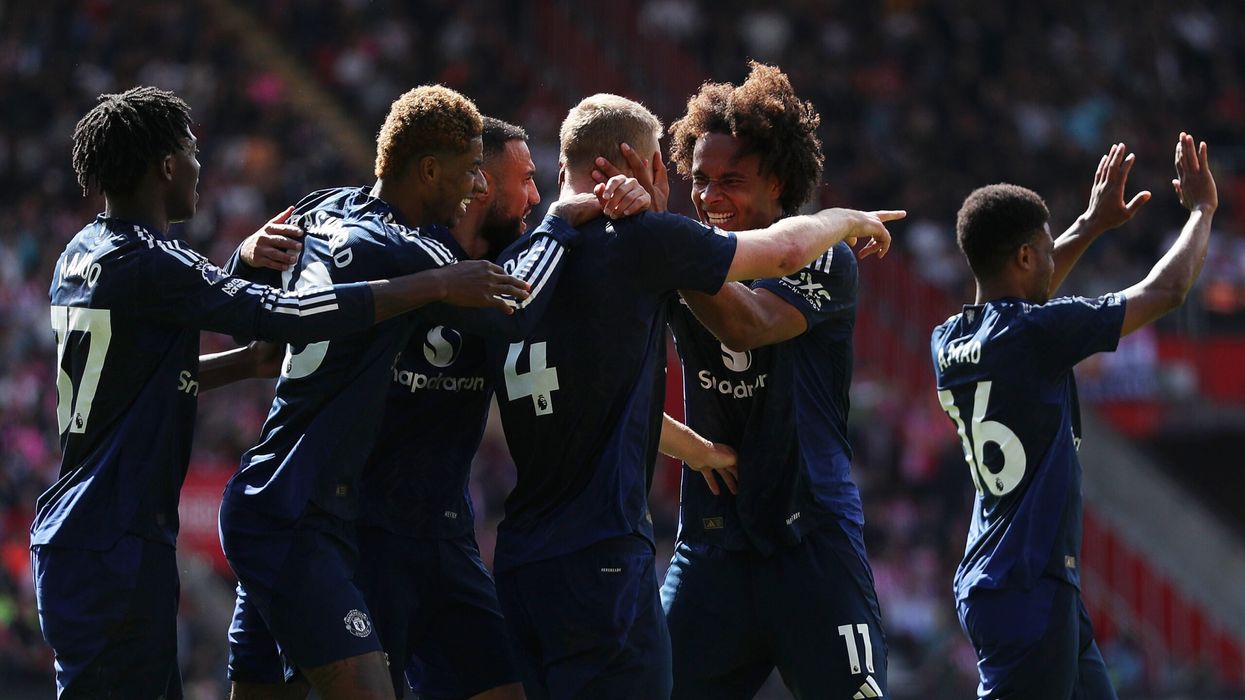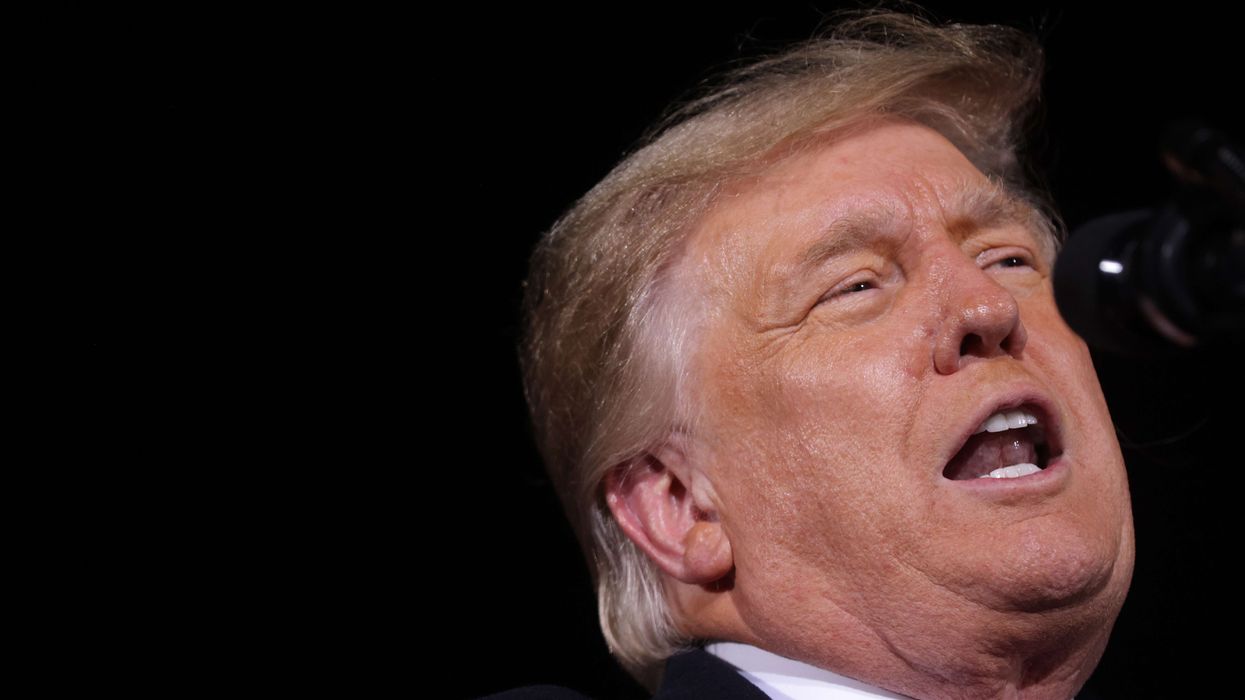This week saw Manchester United shake off their slow start in the Premier League, while Liverpool faced an unwelcome reality check.
Meanwhile, Arsenal celebrated a historic win in a fiercely contested North London derby.
Let’s dive into the key moments from this week:
The Red Devils strike back
After Manchester United’s bad start to the season, 19th place Southampton was just what they needed to bounce back after an international break. Everything went right for Manchester United, from a first goal for the club for Matthijs de Ligt to the cracking strike from the not-so-confident Marcus Rashford in a 3-0 victory.
By the way, what an absolute brain-dead challenge late in the game from Saints centre-back, Jack Stephens, which deserved a red card for a tackle at knee height on Alejandro Garnacho, who went on to score the third in added time.
Most fans will want to know why Bruno Fernandes didn’t receive a booking for delaying a restart. This inconsistency in refereeing is what angers fans.
It needs to be stressed that United should also count themselves lucky—if Cameron Archer had tucked his penalty away at 0-0, the game would’ve turned out very differently, in my opinion. United fans shouldn’t get carried away as Ten Hag looks to turn the ‘theatre of nightmares’ back to the ‘theatre of dreams’.
I personally don’t think he is the man who can turn things around long term (deep down, most Man United fans will likely feel the same).
Liverpool cut down to size by Forest
No one expected Liverpool’s blistering start to be halted by Nottingham Forest. It was a poor display all round from the Reds, not helped by a subpar performance from their talisman, Mo Salah.
Massive credit should go to underdogs Forest for digging deep, and what a fantastic goal that was from Callum Hudson-Odoi to secure his team’s first win at Anfield in 55 years. Going back to Liverpool, where was Dominik Szoboszlai’s second yellow for kicking the ball away? It seems the ‘letter of the law’ only applies to Arsenal.
Adjusting to the new manager, Arne Slot, after nine years of Jurgen Klopp, alongside hardly any incomings in the summer, meant this result was perhaps inevitable. More results like this could rear their ugly heads over the course of the season.
But that won’t stop Liverpool from having a solid campaign.
Derby day delight for the Gunners
Being a massive Arsenal fan, I was incredibly proud of the performance at the Tottenham Hotspur Stadium. Despite the big misses of the injured skipper Martin Ødegaard and the suspended Declan Rice, Arsenal got the job done in old school fashion with a 1-0 scoreline. Jurrien Timber’s performance was thoroughly impressive, as he proved exactly why Zinchenko has been displaced at left back, and rightfully so, in my view.
The at-times underrated Gabriel Magalhães displayed a monstrous man-of-the-match performance at the back, alongside getting the only goal with a header through an excellent corner delivery from Bukayo Saka.
Spurs were toothless in attack, and Ange Postecoglou’s side showed naivety yet again in defending set pieces.
Tottenham fans should be concerned that their goalkeeper Guglielmo Vicario’s weakness at dealing with corners has yet to be addressed.
Gabriel of Arsenal celebrates scoring his team's first goal with teammate William Saliba during the Premier League match between Tottenham Hotspur FC and Arsenal FC at Tottenham Hotspur Stadium on September 15. (Photo: Getty Images)It is the first time since 1988 that Arsenal have beaten Spurs away in three consecutive league games, showing them who currently rules North London.
Manchester City keep marching on
The expensive Manchester City machine powers on. Despite a record-breaking fastest goal in the Premier League delivered by Brentford’s Yohan Wissa in 22 seconds, Haaland struck back with a brace to seal a 2-1 win.
Like most rival fans, I am getting sick and tired of Erling Haaland scoring all these goals. Putting those rivalries aside, plaudits should go to him, as he played despite the death of a dear family friend, putting in a stunning display.
I’m sure Pep Guardiola is grateful for that, as he opened the door for the Norwegian striker to miss the game.
Surely, City need to have an off day at some point, and I’m praying it is this week against my beloved Arsenal.






 And , Tim Davie
And , Tim Davie






